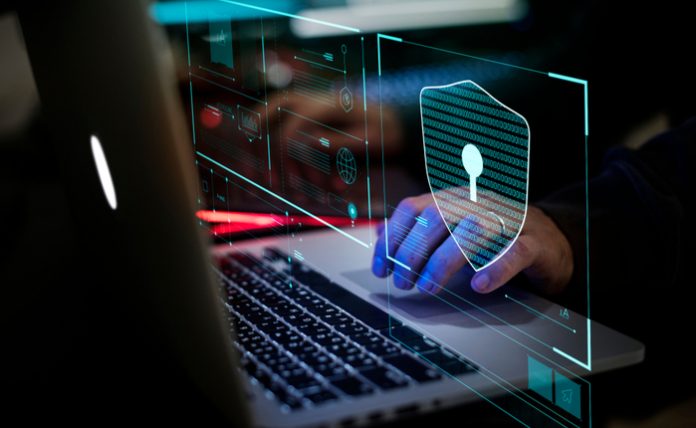Some of the biggest news in technology right now centers around efforts by national governments to play either offense or defense on cybersecurity. We’ve seen how governments may try to work toward greater capabilities for their own espionage agencies, while decrying the efforts of others as heavy-handed intrusion.
Now, it’s being revealed that according to at least one U.S. Senator, Ron Wyden of the Senate Intelligence Committee, the American NSA is stonewalling on key information regarding digital backdoors installed in U.S. technology products.
“These so-called back doors enable the NSA and other agencies to scan large amounts of traffic without a warrant,” writes Joseph Menn at Reuters in a report today. “Agency advocates say the practice has eased collection of vital intelligence in other countries, including interception of terrorist communications.”
Noting that many of these activities were originally revealed by whistleblowers like Edward Snowden, Menn writes about incidents like a hack of Juniper Networks that show how foreign parties can exploit NSA efforts intended to allow access for U.S. agencies.
However, one of the most salient arguments here is whether the U.S. intends to play fair with the global community when it comes to allowing international trade to happen in the technology market.
We’ve seen the draconian measures that the U.S. White House has resorted to on handling Chinese-owned platforms like TikTok and WeChat, as well as Chinese tech firms like Huawei that are integral to China’s economy, but have been roundly blacklisted by the U.S. administration.
Menn makes a point about double standards and a fair playing field this way:
“Critics of the NSA’s practices say they create targets for adversaries, undermine trust in U.S. technology and compromise efforts to persuade allies to reject Chinese technology that could be used for espionage, since U.S. gear can also be turned to such purposes.”
If you have any holdings in technology, you owe it to yourself to stay on top of how national governments are inserting themselves into this global market, because it could affect your portfolio in more than one way.










